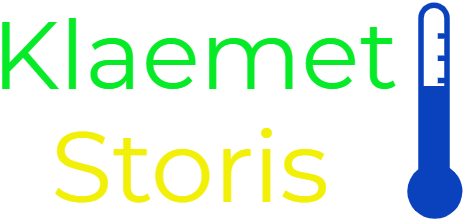
International resources
Key policy and technical resources relating to climate change, sourced from across the Pacific and around the world. These include resources from intergovernmental agencies such as the United Nations, other countries, and non-government organisations.
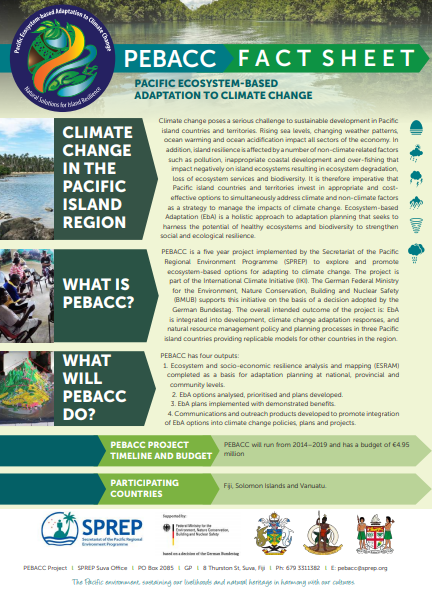

Pacific Ecosystems Based Adaptation to Climate Change Project
Link to Project website information page.
The Pacific Ecosystems Based Adaptation to Climate Change (PEBACC) Project is focused on building resilience across the Pacific, with the help of ecosystem services and tools. The Project has programmes in Solomon Islands (see on our Solomon Islands resources page), Fiji and Vanuatu.
Examples of ecosystem-based adaptation include:
- Protecting forest, or reforesting, areas of land to mitigate erosion and flood risk
- Protecting or replanting mangroves, which can benefit coastal resilience, water quality and food security
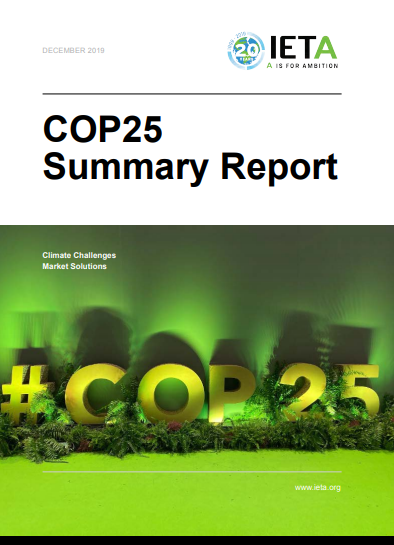

United Nations Conference of Parties 25: Summary Report
Link to document on IETA website.
The United Nations (UN) Conference of Parties (COP) 25 was hosted by the Government of Chile, but held in Madrid, Spain, in December 2019. No consensus was reached at COP 25, which the UN Secretary-General Antonio Guterres noted was disappointing, adding that "the international community lost an important opportunity to show increased ambition on mitigation, adaptation and finance to tackle the climate crisis".
A number of key decisions on the Paris Agreement rulebook were deferred to 2020's COP26 in Glasgow. However due to the spread of COVID-19, as of April 2020 COP26 has been postponed.
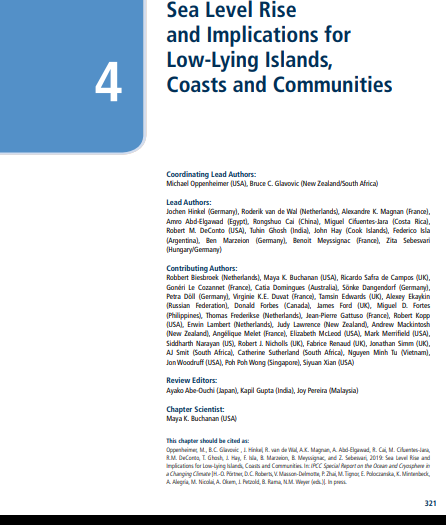

IPCC Special Report: Oceans and Cryosphere
The Intergovernmental Panel on Climate Change (IPCC) prepares Special Reports on key topics relating to climate change. These Special Reports sit alongside the IPCC's Assessment Reports, which take a lot longer to prepare. (the Fifth Assessment Report was published in 2014; the Sixth Assessment Report is due in 2022).
The Special Report on Oceans and the Cryosphere was published in September 2019. Chapter 4, linked above, is highly relevant to Solomon Islands and other Pacific nations.
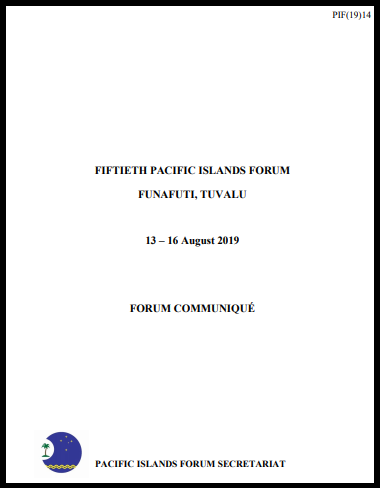

Pacific Islands Forum Communiqué 2019
Link to document on Forum Secretariat website.
The Fiftieth Pacific Islands Forum was held in Funafuti, Tuvalu, in August 2019. The Forum Communiqué includes the Kainaki II Declaration (page 12), a strong statement from Pacific nations noting that "urgent action is needed to ensure our shared needs and interests, potential and survival of our Blue Pacific and this Great Blue Planet" (page 13). The Declaration references the Kwon-Gesh Youth Climate Pledge (see section below for more detail).
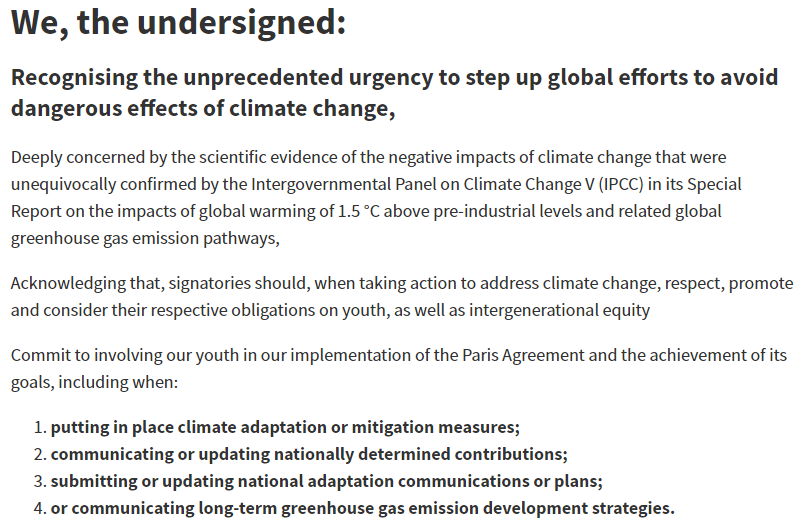

Kwon-Gesh Youth Climate Pledge (2019)
Link to website setting out the Kwon-Gesh pledge.
The Kwon-Gesh Youth Climate Pledge comes from the two native languages of the Marshall Islands, meaning ‘solemn duty’. The pledge, which was supported by the Government of Ireland, was made during the UN Climate Action Summit in September 2019.
The full wording of the pledge is captured in the screenshot to the left and can also be seen at the website link above.
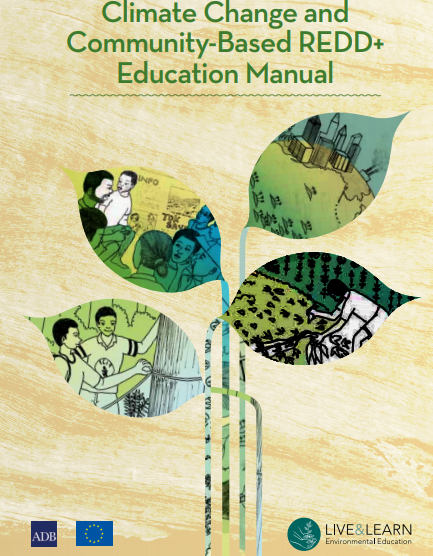

Climate change and community-based REDD+ manual
Link to document on Live & Learn Environmental Education website.
This manual was published in August 2012 and describes climate change, introduces REDD+ and finishes with a section on 'Our land, our future, our decision'. The manual defines:
What does REDD mean? Reduced Emissions from Deforestation and Degradation.
What about the ‘+’? The ‘+' was added to represent other carbon sequestering opportunities.
What is carbon sequestration? The process of storing carbon in trees, soil and other organisms. This removes it from the atmosphere, to help mitigate climate change.
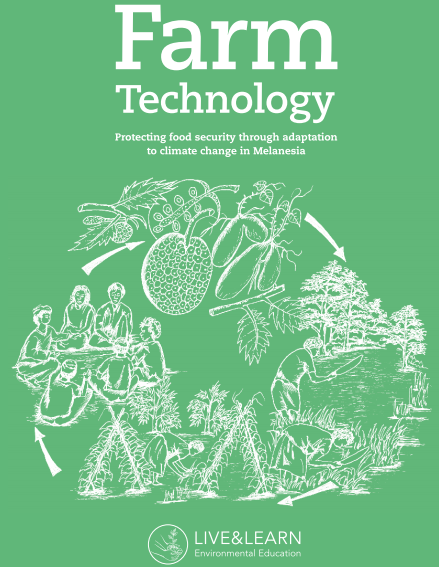

Farm technology: protecting food security through adaptation to climate change in Melanesia
Link to document on Live & Learn Environmental Education website.
This guide "aims to provide a range of traditional and innovative technologies that make a positive contribution to strengthening food security in Melanesia in response to climate change. It aims to encourage rural farmers in Papua New Guinea, Solomon Islands and Vanuatu to think about, and start to prepare for, the impacts of climate change in their communities" (page 4).
Chapters: introduction to climate change, alternatives to shifting cultivation, agro-forestry, soil fertility, emergency or food security gardens, and low islands, atolls and low areas of land.
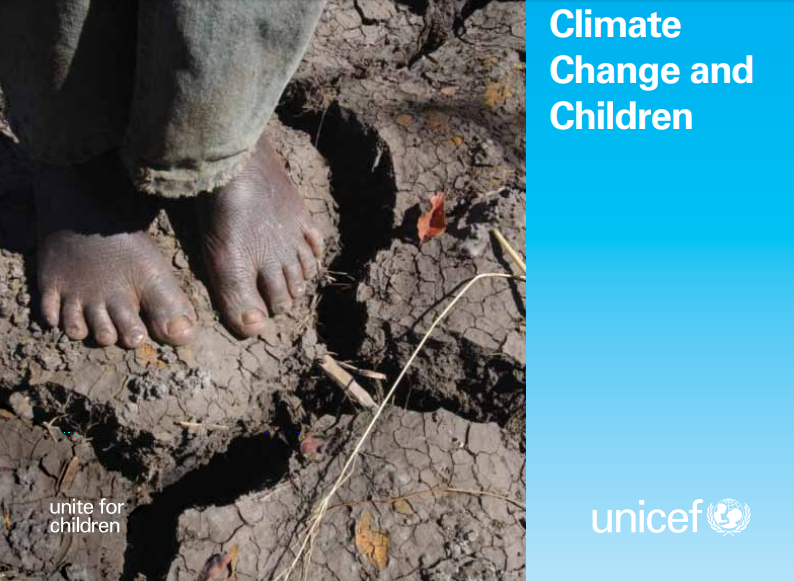

Climate change and children
Link to document on UNICEF website.
This document describes how children are affected by climate change around the world. The document was published in December 2017.
